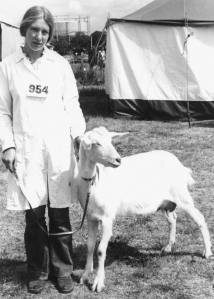Christine Bott - LSD Scapegoat
In 1977 Christine Bott and her partner Richard Kemp were busted as part of the Operation Julie case. They had been manufacturing LSD on a massive scale in the area around Tregaron in remote west Wales Suffolk and qualified as a GP after graduating from Liverpool University Petra Ireland Wales






